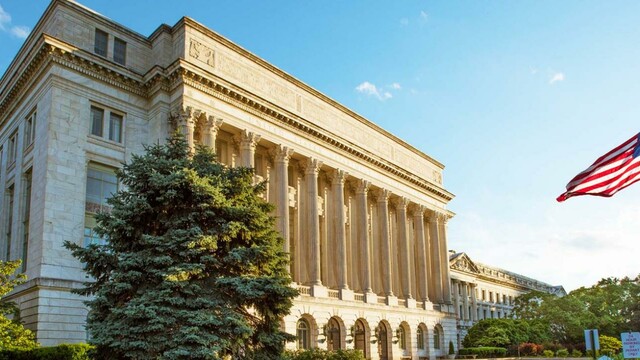Protection of Hemp Seeds and Plant Varieties: USDA Begins Accepting Applications

Under the provisions of the PVPA, an applicant must show that the specific variety of plant or seed is new, distinct, uniform, and stable. In order to show satisfaction of these requirements, an applicant must provide the agency with specimens of the plant in the form of seeds, plant tissue cells, cell lines, or plots of vegetative materials. The USDA’s Plant Variety Protection Office is responsible for reviewing applications for accuracy, satisfaction of statutory requirements, and official analysis of the specimen material to confirm the uniformity and stability of the plant variety identified in the application.
If the application examiner determines that the applicant has satisfied all the requirements, the applicant will receive a certificate of plant variety protection. The certificate certifies that the successful applicant (oftentimes the breeder(s)) has the right to exclude others from selling, offering for sale, reproducing, importing, exporting, or cross-breeding the variety into hybrid or different forms. The certificate of analysis remains in effect for 20 years with the protection period beginning on the date that the certificate was issued to the owner, with a few exceptions for specific circumstances that allow for a modified protection period that is shorter or longer than the standard 20-year protection period. While this recent development is encouraging in many respects, it is important to consider potential issues that may pose a problem for hemp breeders seeking protection.
Unlike the Patent Act protections afforded to utility, plant, and design patent holders, there are several exceptions to the exclusive rights afforded to breeders under the PVPA. The most significant exception involves the use of plant material or seeds for private, non-commercial use, as the statute specifically provides that such use is not infringement for purposes of the PVPA. Additionally, even protected plant material may be used for research purposes if there is a significant public interest in the research of protected varieties. There is also a “Grandfather Clause” that allows individuals who began using protected materials at least one year prior to the certification of the variety by USDA officials. It is also possible to contest the certificate of plant variety protection under various conditions, including the filing of a foreign (i.e. non-US) plant variety protection application prior to the submission of an application to USDA officials. In the event of a dispute regarding the distinctiveness, uniformity, and/or stability of protected plant material, the PVPA permits reexamination of the initial application for up to three years from the date on which the certificate of protection was issued to the breeder or owner.
One of the most frustrating issues for business owners in the cannabis industry is the lack of federal trademark protection and existing legal ambiguity with respect to the patentability of pot-related inventions. The end of federal prohibition will alleviate many of the frustrating legal issues unique to the cannabis industry but unfortunately, the battle for intellectual property rights is only just beginning and ownership disputes will remain long after federal law reforms take place. Why? The legal right to grow and sell industrial hemp in the form of a state-issued license is of little to no value if your business is bankrupt by large corporate behemoths pursuing any and all potential infringement claims—arguably to push out the smaller businesses and control the market.
However, even the large corporate behemoths will face legal battles far into the future and perhaps long after the end of federal prohibition. On that note, please do not hesitate to reach out to us for a thorough and comprehensive analysis of your legal options in light of this recent development.
